The protests that have transformed Hong Kong in 2019 have broadened to become a call for democracy – but it was not always that way.
In June, protesters’ fury was mostly directed towards Chief Executive Carrie Lam, the ill-fated extradition bill and the police. It was not until the Civil Human Rights Front (CHRF) – a coalition of pro-democracy groups – started mobilising for the July 1 march that electoral democracy returned to the spotlight.
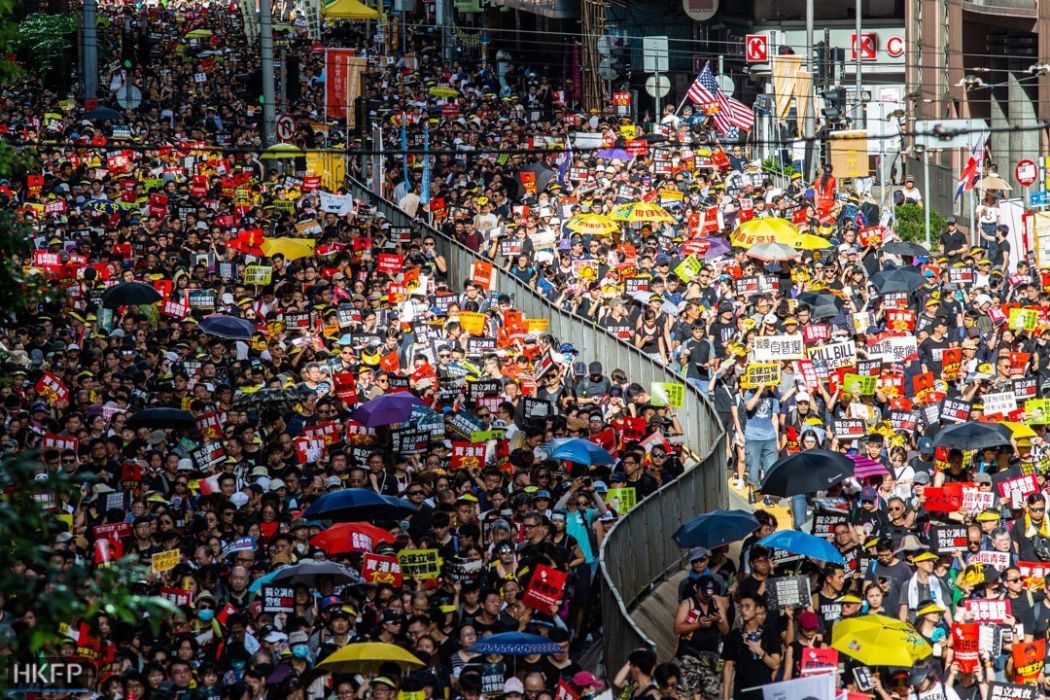
At first, sceptics asked if campaigning for democracy would muddy the waters and detract from the unprecedented solidarity of the movement. But the move was backed by strong public sentiment, and soon the slogan became: “Five demands, not one less.”
Hong Kong’s path towards a democratic ideal since the 1997 Handover has seen one setback after another. After a series of disappointments, many came to realise that incremental fixes to the political system were not enough, and that one-person-one-vote democracy is needed for both the election of lawmakers and the city’s leader.
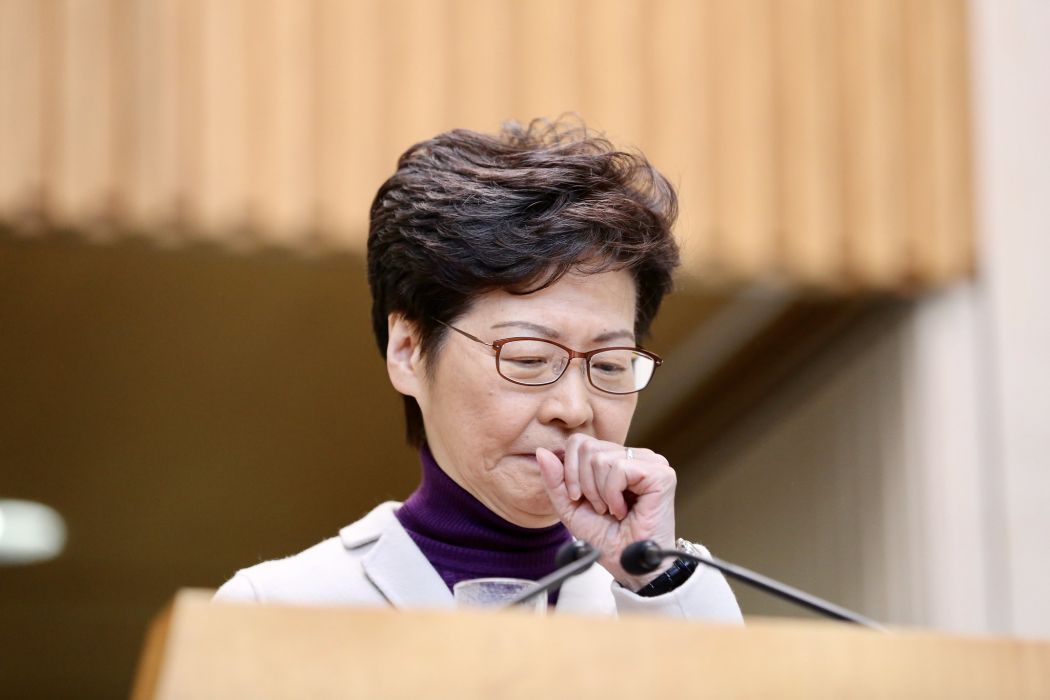
In 2003, over 500,000 people took to the streets to call for the resignation of then-leader Tung Chee-hwa, with the most popular slogan being “Tung Chee-hwa, step down.” But a decade and a half later, very few believe that the resignation of any individual could fix the longstanding systemic problems in Hong Kong politics.
No popular mandate
The 1984 Sino-British Joint Declaration stated that Hong Kong’s chief executive “will be appointed by the Central People’s Government on the basis of the results of elections or consultations to be held locally.”
Article 45 of the Basic Law, Hong Kong’s de facto constitution issued in 1990 on the basis of the Joint Declaration, said: “The ultimate aim is the selection of the Chief Executive by universal suffrage upon nomination by a broadly representative nominating committee in accordance with democratic procedures.”
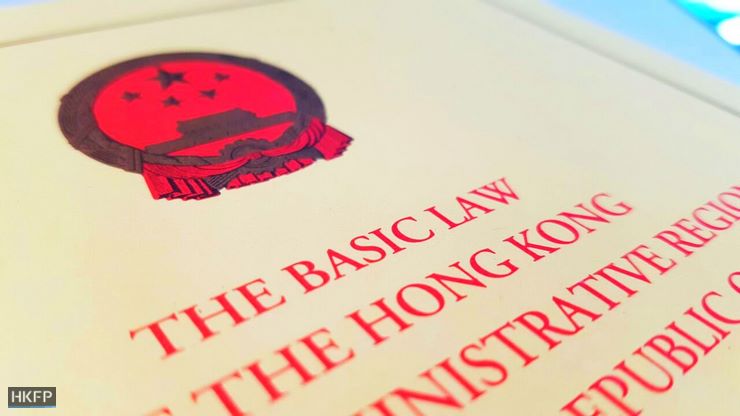
However, neither document provided the specifics of the city’s roadmap to democracy. The Joint Declaration did not mention the form of the “elections or consultations,” and the Basic Law did not specify when the “ultimate aim” of universal suffrage will be reached.
The current chief executive, Carrie Lam, was elected in 2017 via a “small-circle election” involving around 1,200 people with votes – known as the election committee.
Any contenders for the top job must first gain at least 150 nomination votes, and then win a simple majority of at least 601 votes in a secret ballot.
Members of the election committee are, in turn, chosen by some 240,000 people from four main sectors: the professional sector; the industrial, commercial and financial sectors; and the social services, religious and other sectors. The fourth sector includes legislative members, District Councillors, members of the Heung Yee Kuk rural group, and Hong Kong representatives to China’s decision-making bodies.
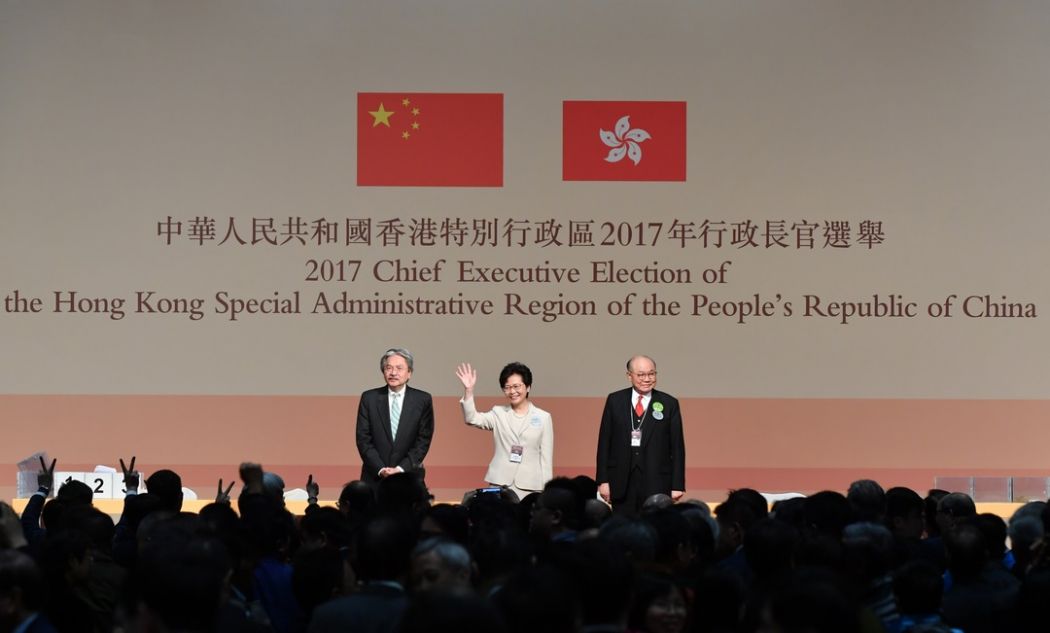
In the 2017 election, the pro-democracy camp won around 320 seats, with the remaining 800-odd seats going to Beijing loyalists. Critics have said that the imbalance was due to the election committee over-representing sectors close to Beijing and big business.
The election that Lam won was originally meant to be the culmination of sweeping political reforms.
In 2007, the Standing Committee of the National People’s Congress (NPCSC) passed a decision that the 2017 chief executive election “may be implemented by the method of universal suffrage.” But the nature of “universal suffrage” was not defined.
The NPCSC in August 2014 decreed that the chief executive in 2017 can be elected by one-person-one-vote, but only after a “broadly representative” nomination committee – formed in the same way as the 1,200-member election committee – narrows down the pool of contenders to a shortlist of two or three candidates.
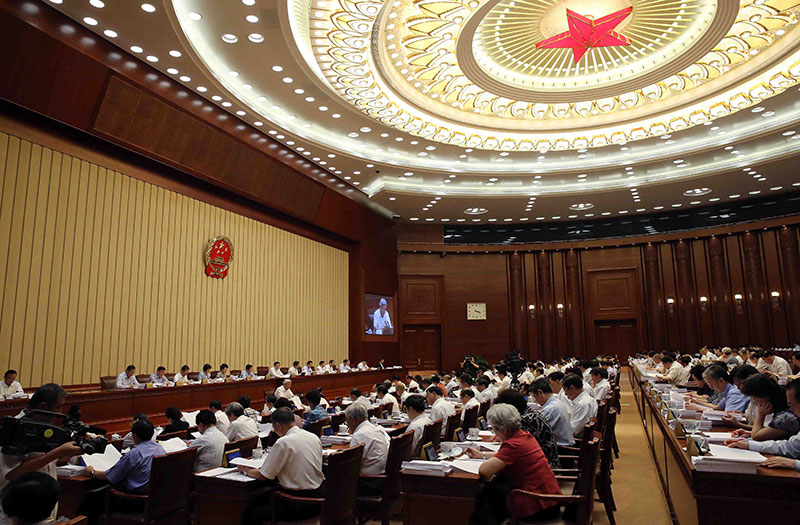
Satirically dubbed the “Iranian model” due to the similarities in candidate vetting, the decision was massively unpopular and sparked the 79-day Occupy movement in the heart of Hong Kong’s business districts.
When the reform proposal eventually went to the Legislative Council for a vote in 2015, it was voted down.
Compromised legislature
In the eyes of Hong Kong protesters, the election of lawmakers was also rigged to allow the government to maintain control. Only a little over half of the 70-person legislature is directly elected by voters through one-person-one-vote, while 30 seats belong to the functional constituencies.
A functional constituency is an industry-based sector that has one or more legislative seats to represent them. Examples of functional constituency sectors include import and export, tourism, commerce, insurance and legal.
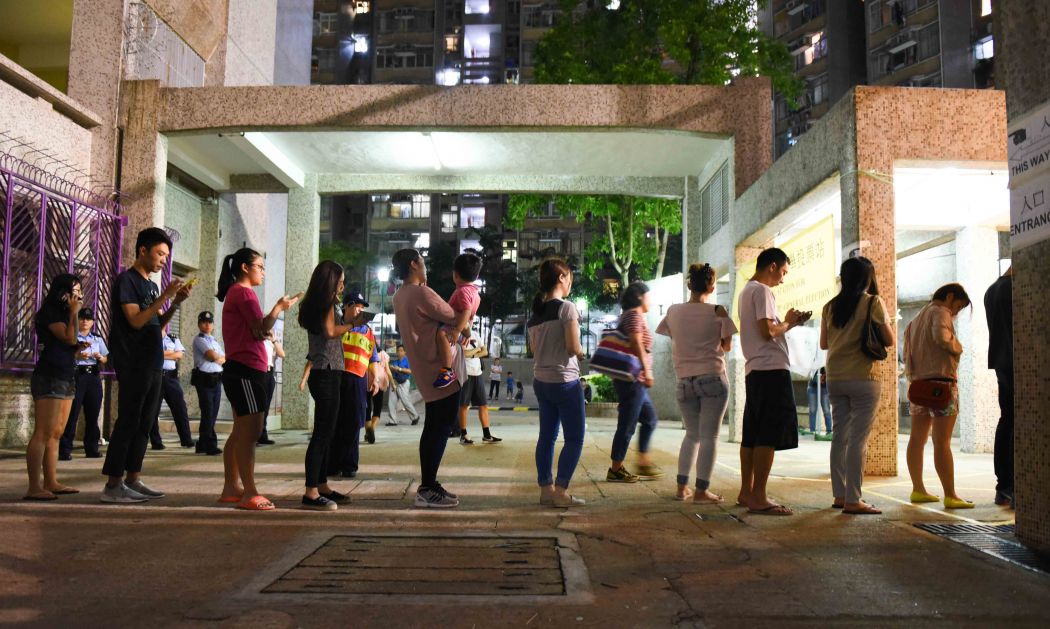
Each functional constituency, by its nature, has a smaller and more restrictive voter base. Many of the “voters” for functional constituencies are not people but companies, meaning that the vote goes to their directors and owners. Most of these sectors usually elect pro-Beijing lawmakers, and some – such as the textiles or agriculture sector – hold a disproportionate amount of power considering how such industries have faded over recent decades.
Differential treatment also exists in the ways that lawmakers pass bills. When a bill, amendment or motion is proposed by the government, it only requires a simple majority to pass – with a few exceptions such as the political reform package. As long as the government has the support of the pro-Beijing camp, which has a simple majority, it rarely has to listen to – or compromise with – the pro-democracy camp.
Worse still, in 2017, democrats lost their majority in the geographical constituencies – 35 directly elected seats – after losing six lawmakers due to disqualification. Baggio Leung, Yau Wai-ching, Nathan Law, Edward Yiu, Lau Siu-lai and “Long Hair” Leung Kwok-hung were disqualified by the court after they protested during their swearing-in ceremony.
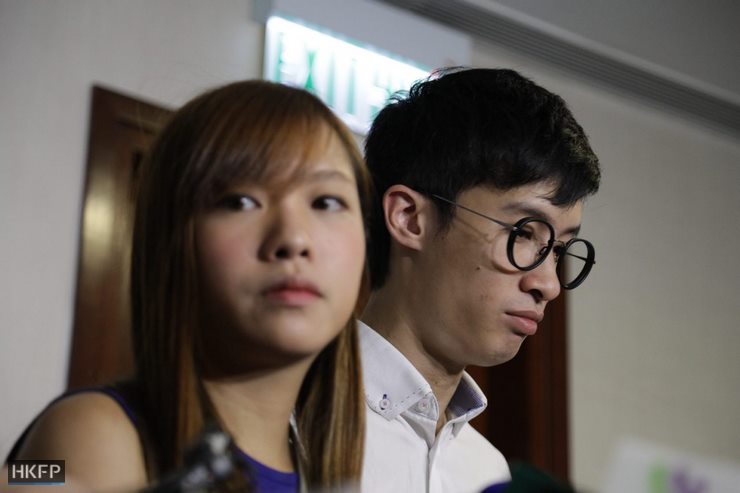
And with their newfound numerical superiority, the pro-Beijing camp seized the chance to push through changes to the legislature’s rules, effectively blocking the democrats from filibustering.
In the aftermath of the Umbrella Movement, the government has also pre-emptively disqualified Legislative Council candidates before any election took place. Pro-independence activists – and other hopefuls who proposed a change of political system – were barred from running. One pro-independence party was banned outright.
The longstanding structural issues in the Legislative Council were brought into sharp relief on July 1, 2019. Hundreds of black-clad protesters stormed the Legislative Council Complex in Admiralty, the symbolic seat of Hong Kong’s political power.

Portraits of present and past LegCo presidents were taken down and defaced. Protesters also spray-painted the slogan, “abolish functional constituencies” in multiple locations.
That night, a protester also expressed his dissatisfaction with Hong Kong’s political structure in what became an iconic act of rebellion: ripping up a copy of the Basic Law at the front of the main chamber, at the seat normally occupied by the legislature’s president.
From that point on, it became clear that most protesters would not settle for anything less than “double universal suffrage”: free elections for both the city’s lawmakers and its leader.
Hong Kong Free Press relies on direct reader support. Help safeguard independent journalism and press freedom as we invest more in freelancers, overtime, safety gear & insurance during this summer’s protests. 10 ways to support us.

